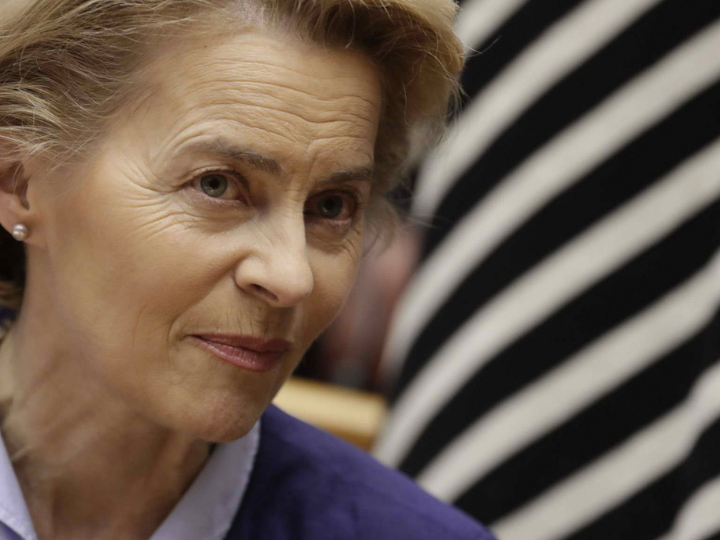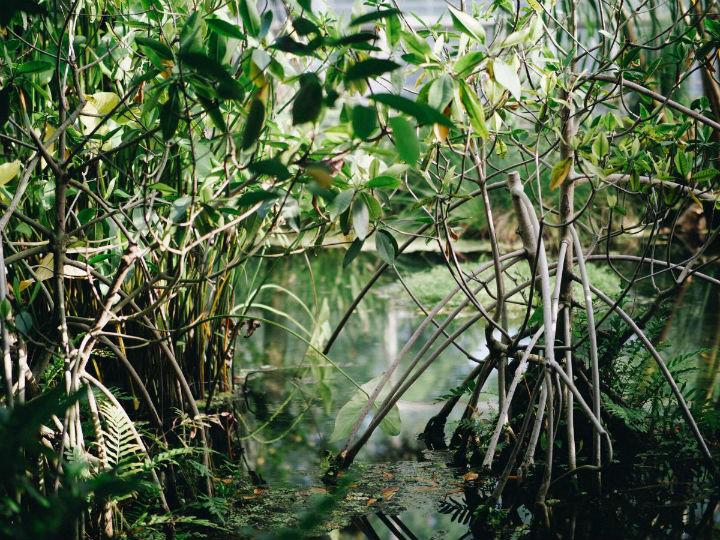
How to get private capital to protect nature – without greenwashing
By: EBR | Thursday, October 29, 2020
“Innovative finance” is the newest buzzword used to find ways to channel money – especially private money – to nature-based solutions
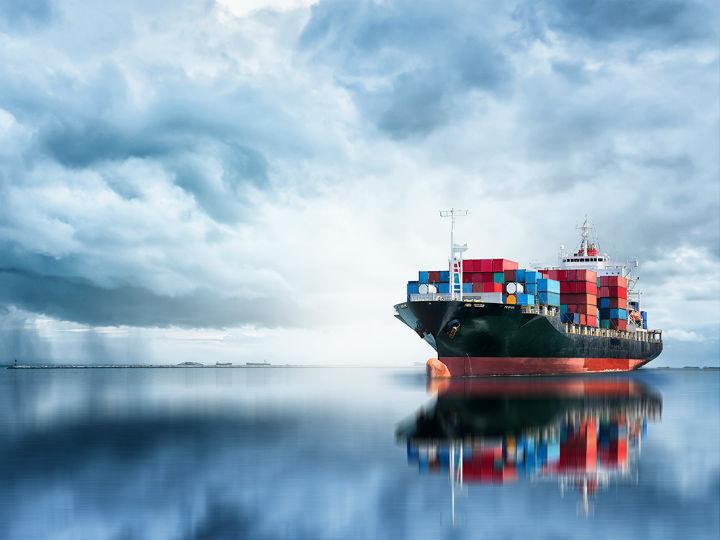
Here’s how we can reduce emissions from the shipping industry
By: EBR | Monday, October 26, 2020
This month, delegates from governments around the world are meeting (virtually) for a crucial, albeit under-the-radar, climate summit at the United Nations International Maritime Organization (IMO)

The Post-Pandemic Crisis: What Happens Next?
By: EBR | Monday, October 26, 2020
The failure of multilateral strategic decision-making in these COVID times has been led by the Trump Administration and its bizarre attacks on international institutions
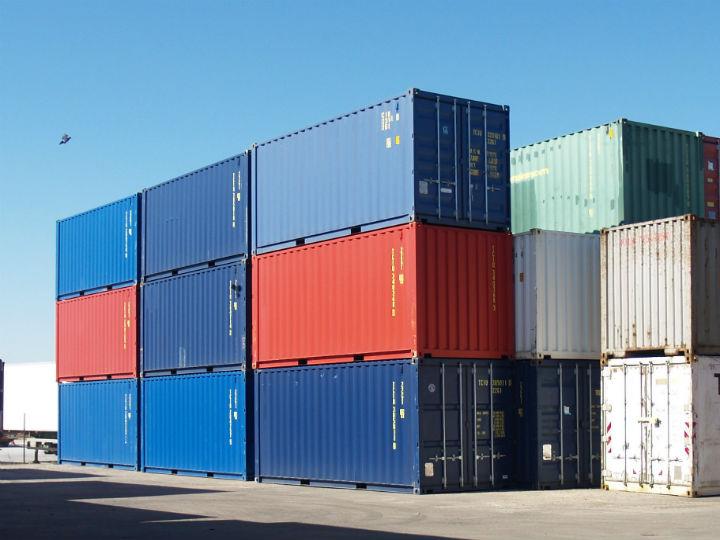
Transport leaders go in search of safe data spaces
By: EBR | Monday, October 26, 2020
The coronavirus is likely to accelerate transport’s shift towards digitalization and help the sector decrease both its environmental footprint and its costs
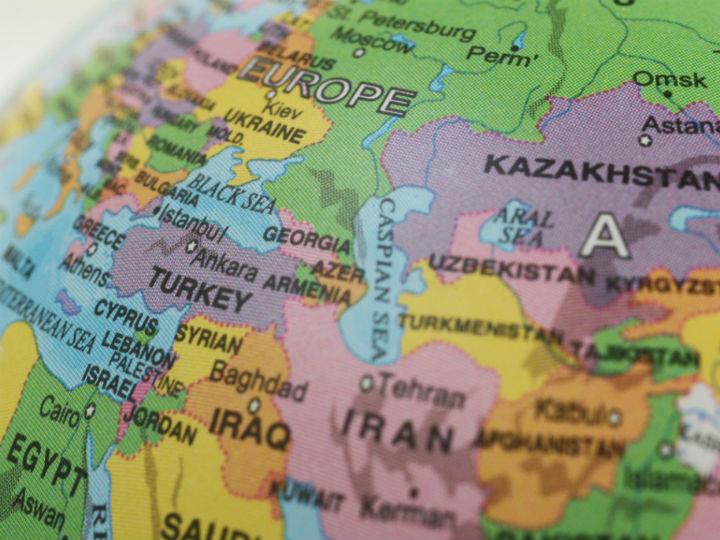
IMF: How to ensure an inclusive recovery in the Middle East and Central Asia
By: EBR | Friday, October 23, 2020
Countries in the Middle East and Central Asia face with COVID-19 a public health emergency unlike any seen in our lifetime, along with an unprecedented economic downturn
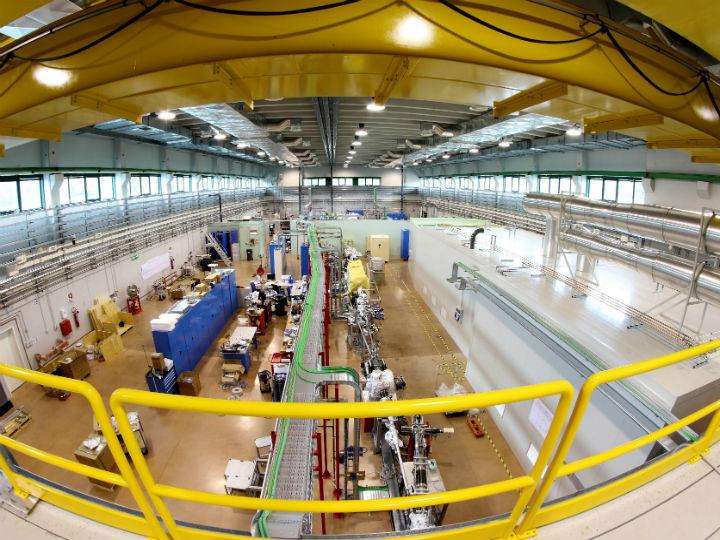
Over half Europe’s small firms fear for survival, survey finds
By: EBR | Thursday, October 22, 2020
Over half the small and medium-sized companies which together provide jobs for two-thirds of European workers fear for their survival in the coming 12 months, according to a survey released by management consultancy McKinsey

Fixing plastic collection seen as vital to success of chemical recycling
By: EBR | Wednesday, October 21, 2020
Two billion people worldwide do not have access to proper waste collection services, leading to ever-growing plastic pollution in oceans and waterways, particularly in the global south
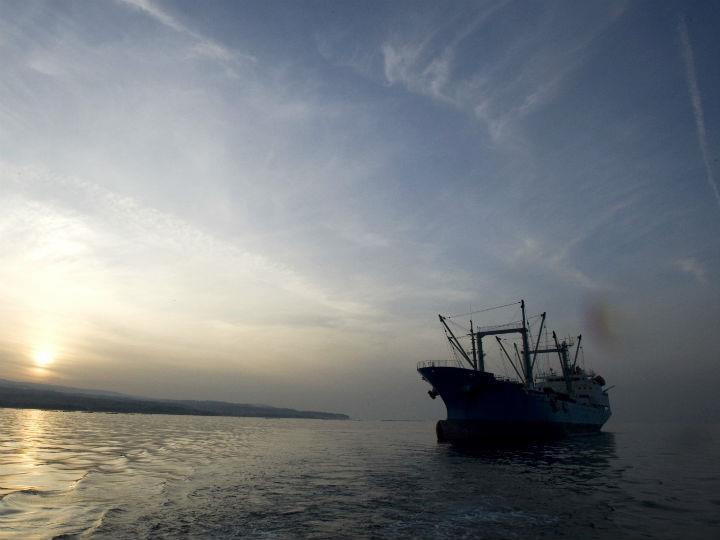
New research shows the Atlantic Ocean just had its hottest decade in 3000 years
By: EBR | Friday, October 16, 2020
This past decade has been the Atlantic Ocean’s warmest in nearly three full millennia
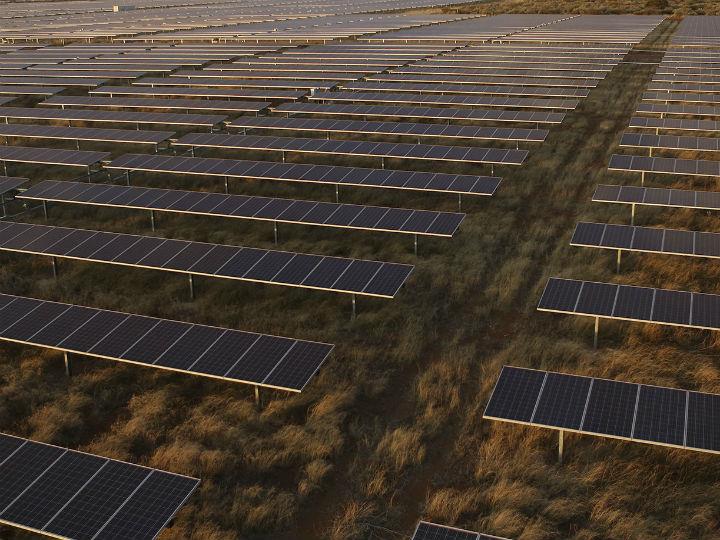
The new lens that can unlock the net-zero economy
By: EBR | Thursday, October 15, 2020
The world today is facing a series of convergent global emergencies linked to the economy, the environment and society
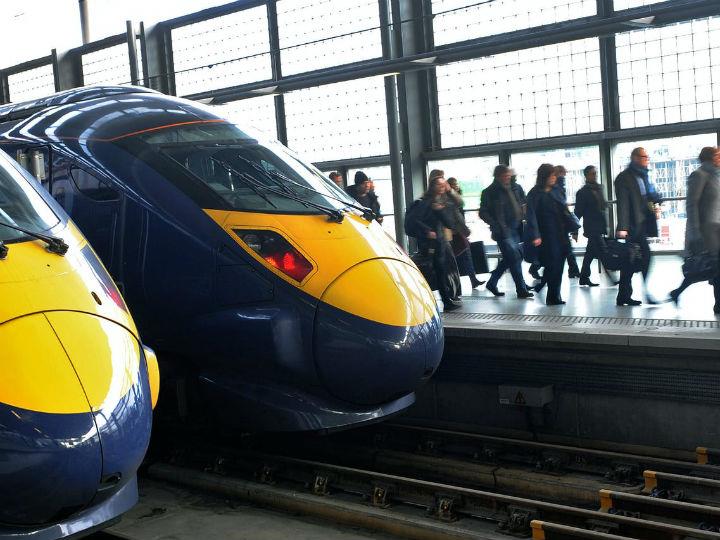
Cars, planes, trains: where do transport CO2 emissions come from?
By: EBR | Wednesday, October 14, 2020
Transport accounts for around one-fifth of global carbon dioxide (CO2) emissions [24% if we only consider CO2 emissions from energy]
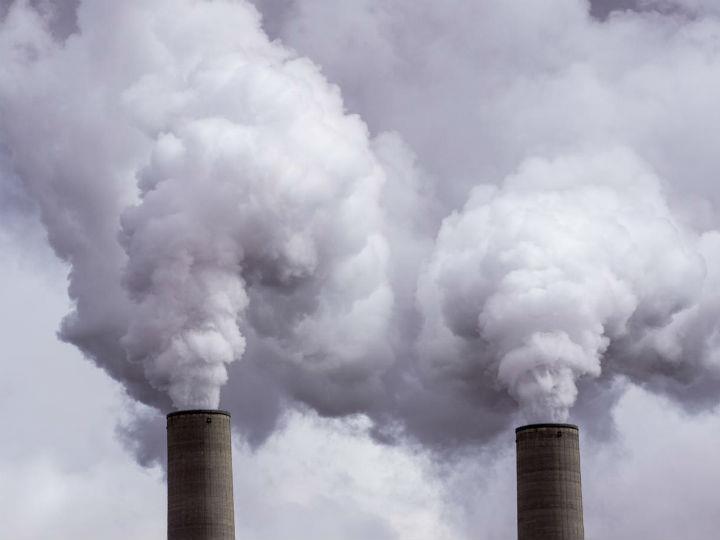
Emissions have fallen this year. Now we need to make it permanent
By: EBR | Wednesday, October 14, 2020
The green lining of the COVID-19 crisis is a projected 8% drop in global CO2 emissions in 2020
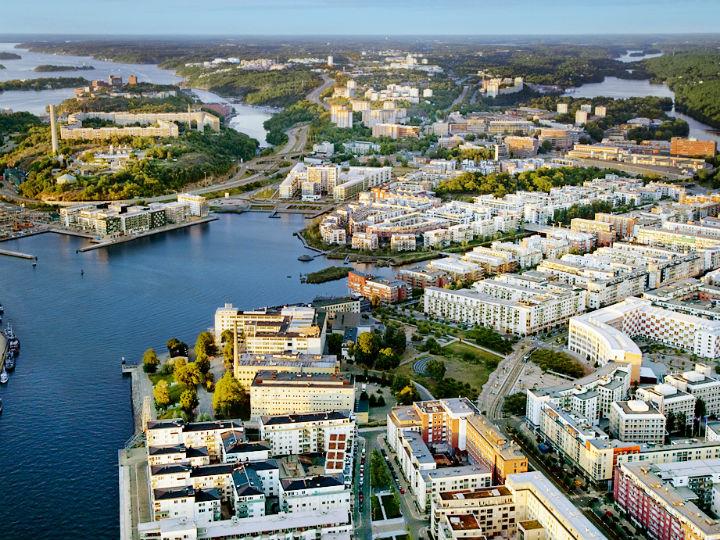
The future of cities: sustainable or bust
By: EBR | Wednesday, October 14, 2020
European leaders need to recognise that direct investment in cities is the best way to address the immediate needs of our citizens, whilst also responding to the causes of the climate crisis
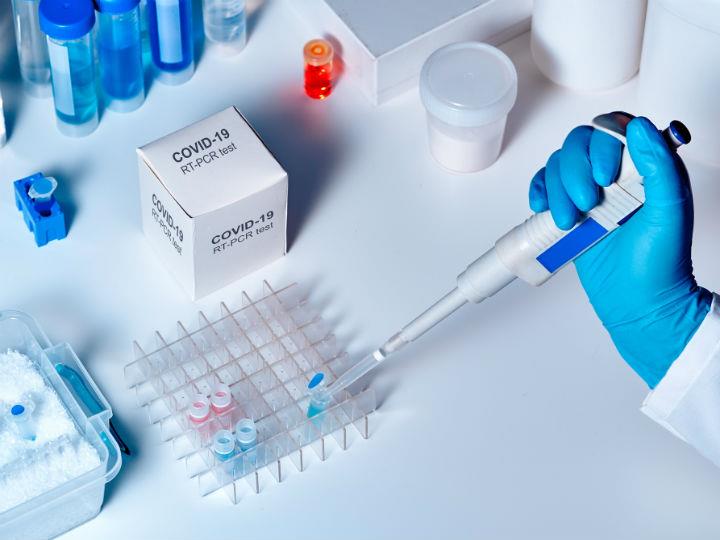
Building the Supply Chain for Large-Scale Covid-19 Testing
By: EBR | Monday, October 12, 2020
Scaling up access to Covid-19 testing is one of the most serious challenges that the global healthcare supply chain has ever faced. And it is not going away anytime soon
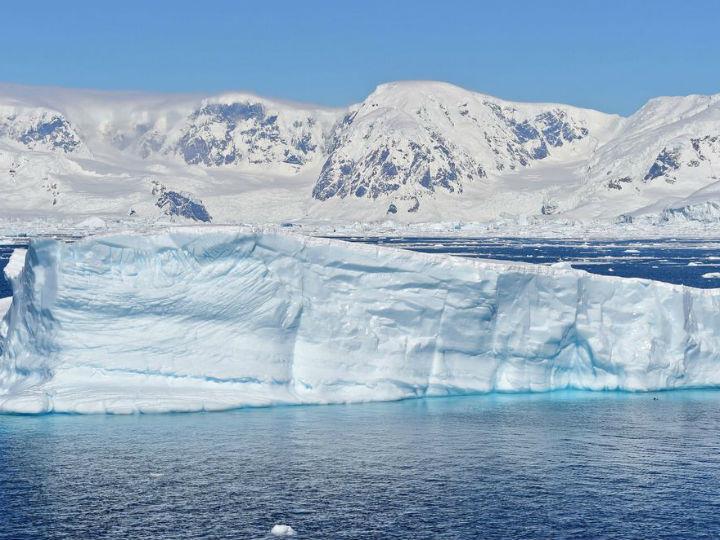
What are the biggest risks to business? New data shows climate concerns are rising
By: EBR | Monday, October 12, 2020
An overly simplistic view of global economics has fuelled climate denial and skepticism for decades
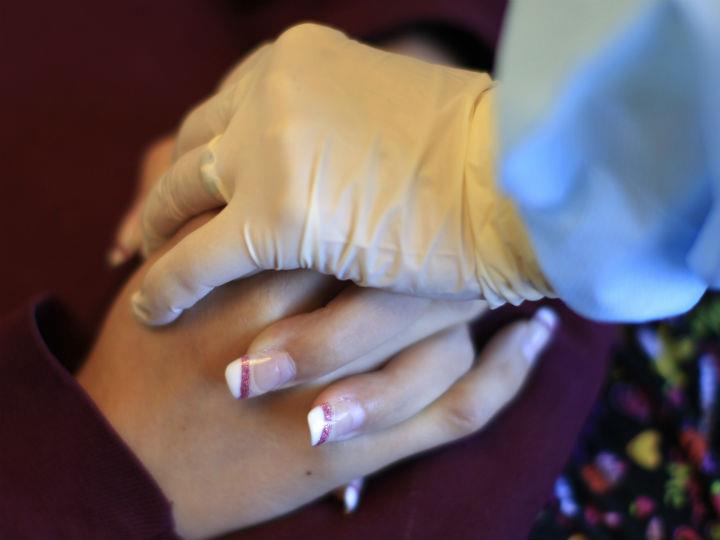
How to build a better health system: 8 expert essays
By: EBR | Tuesday, October 6, 2020
Our healthy future cannot be achieved without putting the health and wellbeing of populations at the centre of public policy
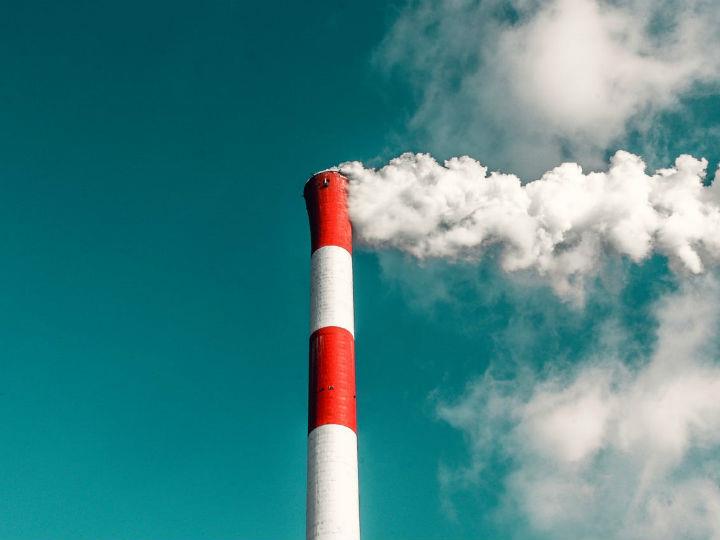
Now is the time for an honest conversation about carbon dioxide removal
By: EBR | Tuesday, October 6, 2020
The European Commission’s new climate plan for 2030 increases uncertainties and gives us a rude awakening on carbon removal
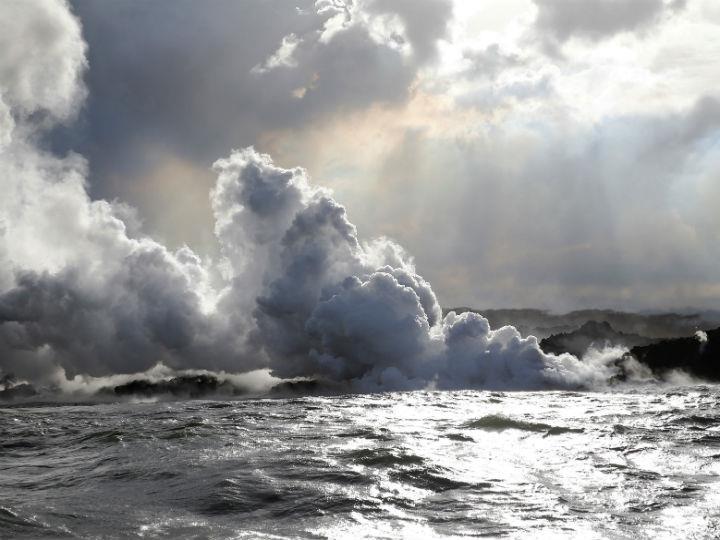
The oceans are absorbing more carbon than previously thought
By: EBR | Friday, October 2, 2020
The oceans cover over 70% of the Earth’s surface and play a crucial role in taking up CO2 from the atmosphere

Science and Innovation as the way out of the crisis
By: EBR | Thursday, October 1, 2020
The only plausible exit strategy for our current global challenges is science and innovation. We need EU funding for science and innovation more than ever… yet the Council wants to cut Horizon Europe, warn Pascal Lamy and Carlos Moedas

3 ways blockchain can accelerate sustainable development
By: EBR | Tuesday, September 29, 2020
When the SDGs were conceived in 2012, blockchain technology was in its early days. Few could have foreseen the trajectory and the potential of blockchain for advancing these ambitious targets
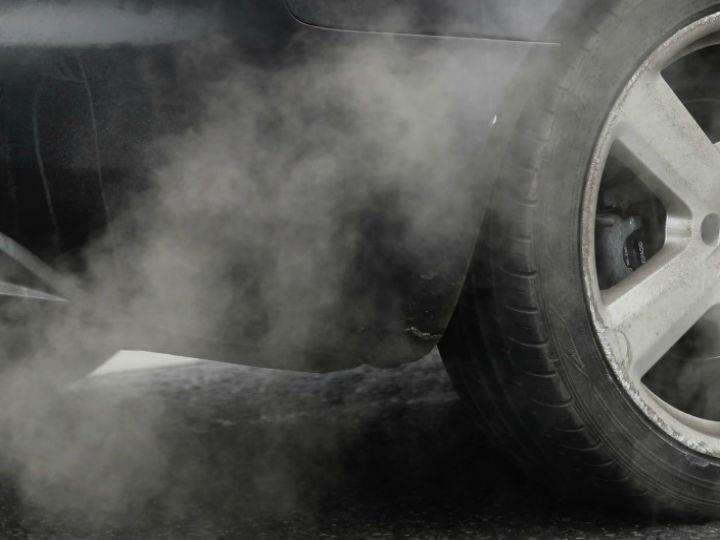
Internal combustion engine ‘not going away’, automakers say
By: EBR | Tuesday, September 29, 2020
While automakers are busy making plans to roll out electric vehicles, the existing car fleet will continue relying on traditional fuels for many years to come, the industry says, arguing in favour of biofuels to achieve CO2 cuts in the short term



 By: N. Peter Kramer
By: N. Peter Kramer